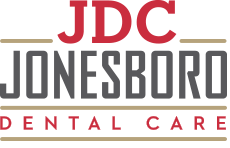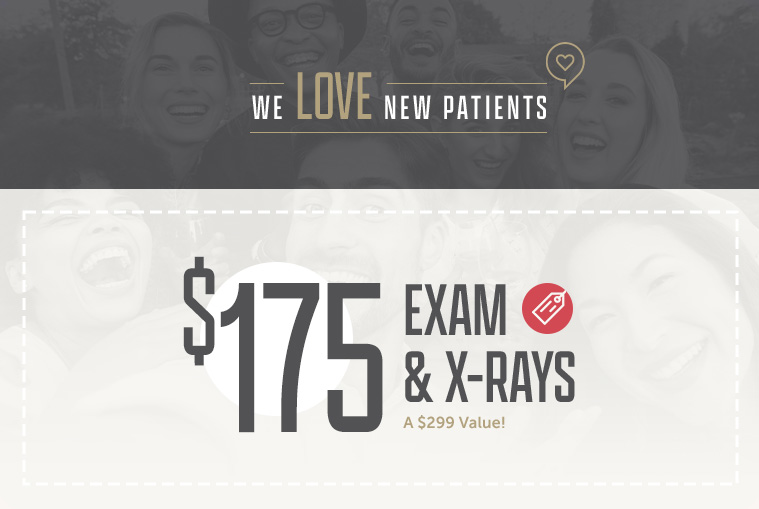
Tobacco, Alcohol & Oral Cancer: What You Need to Know
When most people think about the risks of tobacco or heavy drinking, they often think of heart or lung problems. But your mouth is one of the first places those habits can cause damage—especially when it comes to oral cancer.
At Jonesboro Dental Care in Jonesboro, AR, Dr. Jonathan Cook and Dr. Mark Kingston want to raise awareness about how everyday choices can affect your long-term oral health.
Tobacco and Oral Cancer: A Strong Link
Tobacco use—whether smoking or chewing—is one of the leading causes of oral cancer. But smokeless tobacco, in particular, poses an even higher risk for certain areas of the mouth. Because it’s held directly against the gums, inner cheeks, or lips, it exposes those tissues to harmful chemicals for extended periods.
This repeated contact can lead to abnormal cell changes and raises the risk of developing cancers in those areas. Smoking also carries serious risk, especially for the tongue, roof of the mouth, and throat—but chewing tobacco delivers concentrated exposure right where it sits (it also increases the risk of decay).
Vaping is still relatively new, and while a direct link to oral cancer hasn’t been firmly established, research is ongoing. Early studies suggest it may still cause tissue irritation and increase inflammation in the mouth.
Alcohol Can Make That Risk Even Higher
Heavy alcohol use on its own is a risk factor for oral cancer. But when combined with tobacco use, the effects multiply. Alcohol can dry out and irritate the lining of your mouth, making it easier for harmful substances to be absorbed.
People who both smoke and drink heavily have a significantly higher risk of developing oral cancers—especially those in the back of the throat or at the base of the tongue.
Signs to Watch for Between Visits
Routine screenings are key, but don’t ignore changes in your mouth between appointments. Contact your dentist if you notice:
- A sore or lump that doesn’t go away
- Red, white, or dark patches on the gums, tongue, or cheeks
- Persistent pain or numbness, especially in the mouth or lips
- Difficulty swallowing or speaking that doesn’t improve
- A feeling like something is stuck in your throat or ongoing discomfort
- Unexplained bleeding in the mouth
These symptoms don’t always mean cancer, but they should be checked.
Oral Cancer Screenings at Jonesboro Dental Care in Jonesboro, AR
At Jonesboro Dental Care, Dr. Jonathan Cook and Dr. Mark Kingston include oral cancer screenings in every routine exam. If you use tobacco or alcohol—or just want peace of mind—it’s a smart step toward early detection and better outcomes. And, if you’re considering quitting tobacco or reducing alcohol use, we’re happy to talk through helpful steps and resources at your next visit. Your health is always worth the conversation.
Image from Authority Dental under CC 2.0
Categorised in: Dental Tips


